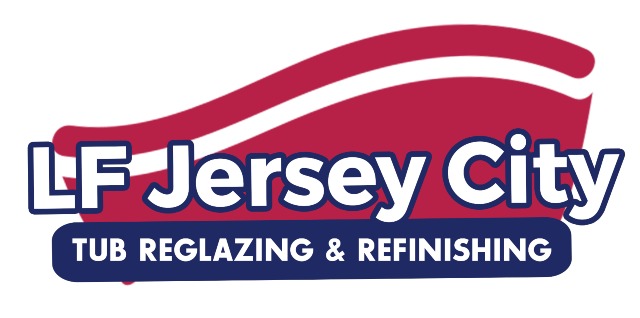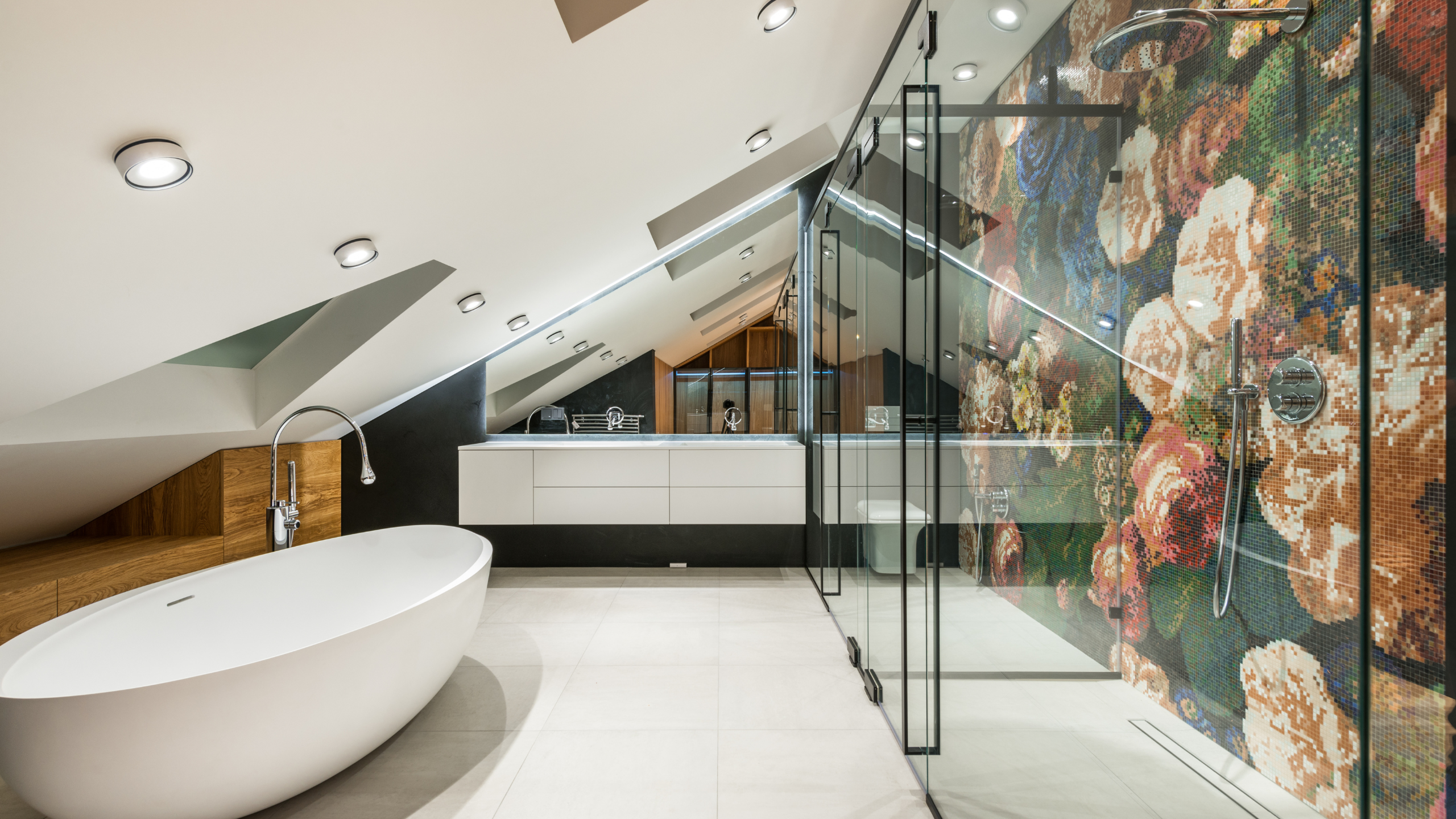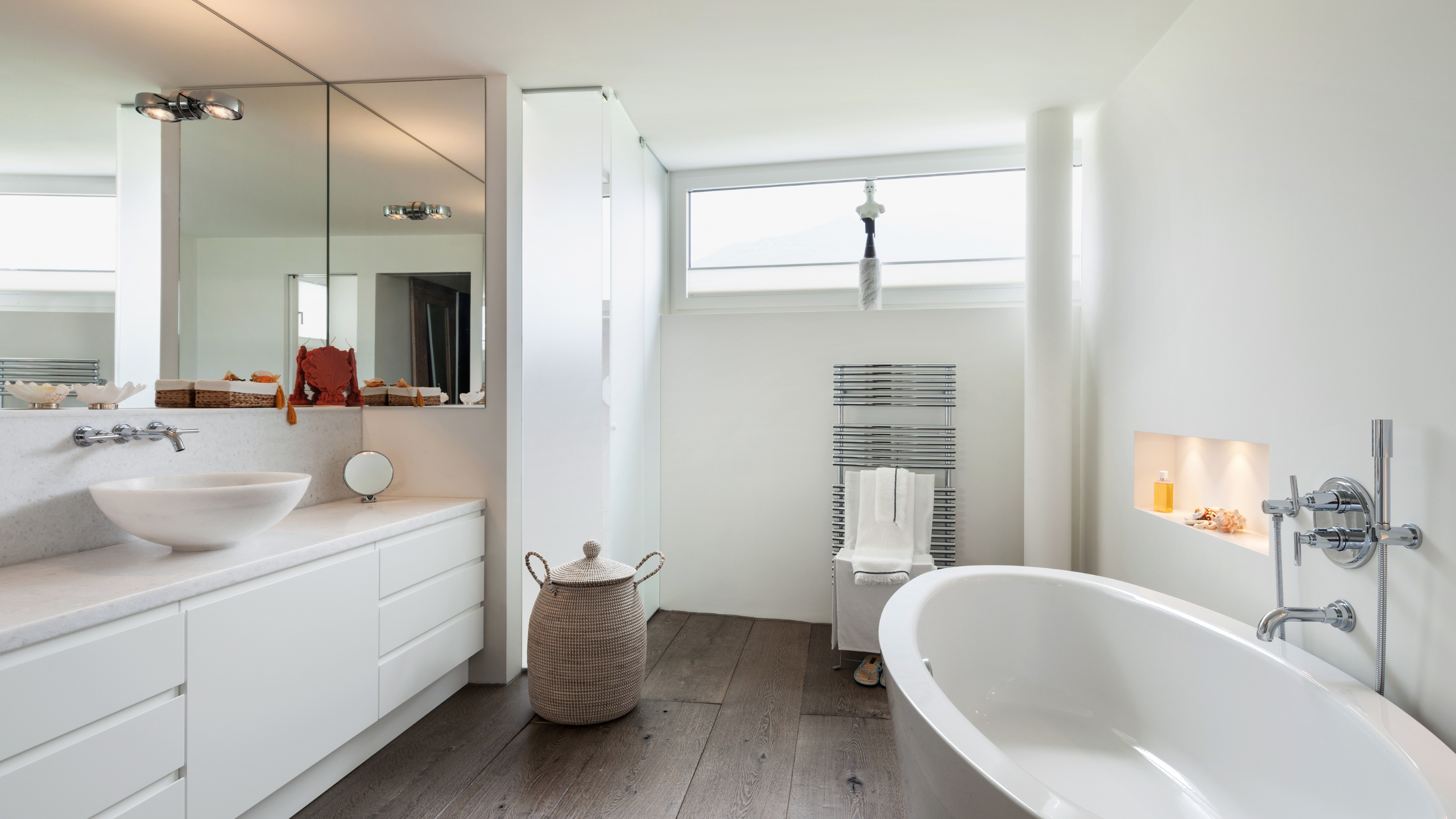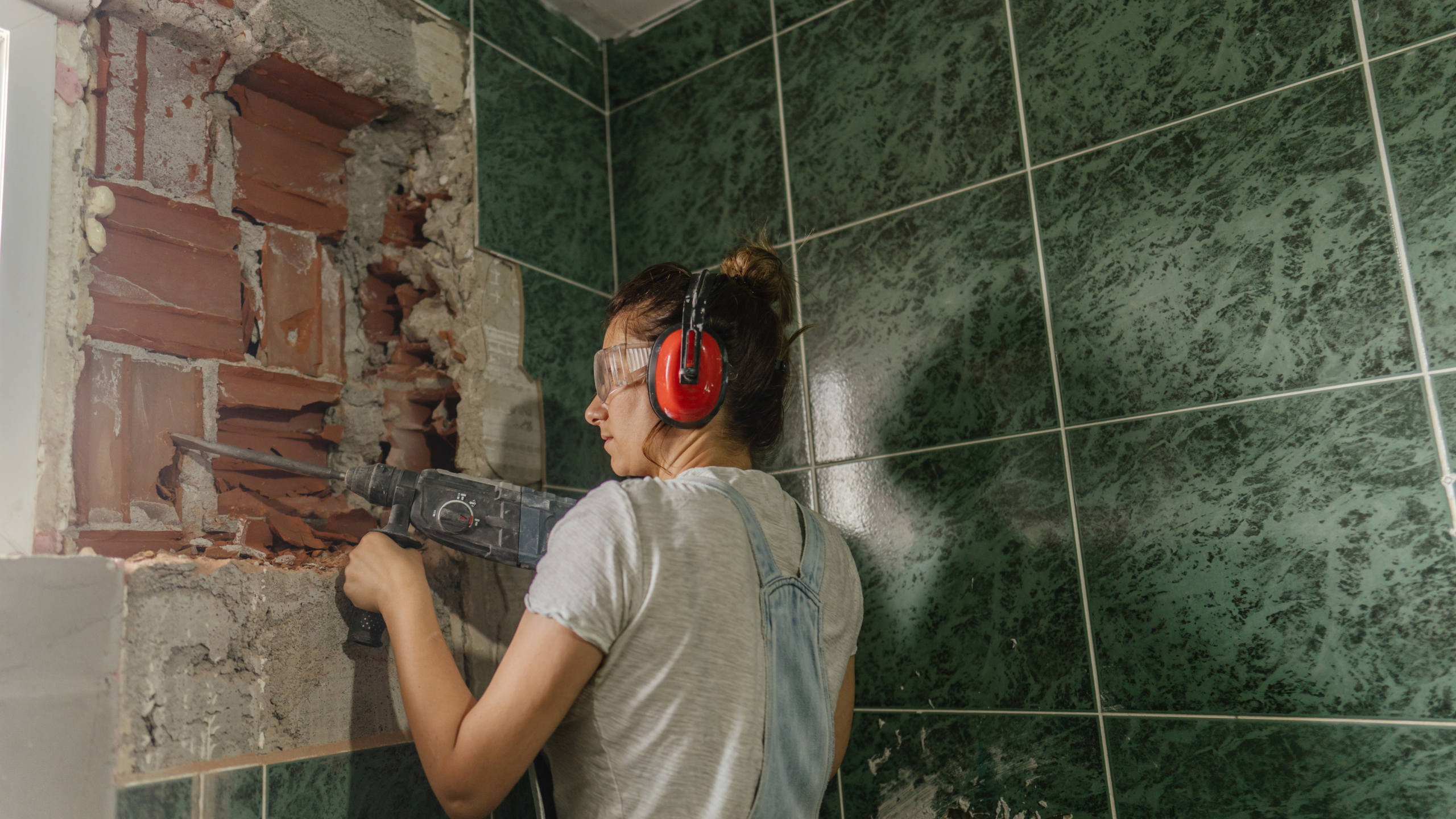Choosing the perfect bathtub for your home can seem like a daunting task. Not only does your bathtub significantly contribute to the aesthetic of your bathroom, but its comfort is also paramount. Therefore, familiarizing yourself with the various types of bathtubs is essential. Each type comes with its own set of advantages and disadvantages. With this understanding, you may choose the best fit for your needs and preferences.
In this article, we’ll delve into the diverse array of bathtubs and materials on the market. After a close look at each type, we’ll examine their distinctive features, highlighting their strengths and potential drawbacks. With this knowledge at your disposal, When you can make a well-informed judgment, selecting the perfect bathtub for your bathroom. Let’s explore to discover the ideal fit for your needs!
Visit https://www.jersey-city-tub-reglazing.com/ for more details.
Popular Bathtubs and Materials
Choosing the perfect bathtub is of utmost importance in curating your ideal bathroom sanctuary. Whether you desire luxurious soaking experiences or practical space-saving solutions, the realm of bathtubs presents many options tailored to every need and preference. Within this comprehensive guide, we’ll embark on a journey to explore the diverse range of bathtubs available on the market. By providing insights and clarity, we aim to empower you to confidently navigate the myriad various options, guaranteeing that you locate the ideal match for your oasis.
1. Alcove Bathtubs:
Alcove bathtubs are the quintessential option for numerous bathrooms, renowned for their space-saving design and accessibility. Positioned snugly against three walls, they are well-suited for compact spaces or bathrooms with a conventional layout. Crafted from acrylic, fiberglass, and enameled steel, alcove bathtubs boast versatility and affordability. However, compared to freestanding tubs, they might not command the same visual allure and may demand extra maintenance to stave off mold and mildew accumulation in the alcove space.
2. Freestanding Bathtubs:
Freestanding bathtubs epitomize elegance and sophistication, frequently serving as the centerpiece of a bathroom’s design. Crafted from various materials such as acrylic, cast iron, and stone resin, these tubs come in diverse sizes and forms. They offer unparalleled versatility and luxury, allowing for ample customization and personalization. Although they require more floor space and may incur a higher cost than other options, their visual allure and spa-like ambiance render them a favored selection among homeowners aiming to cultivate a lavish retreat within their abode.
3. Corner Bathtubs:
Perfect for optimizing space in compact bathrooms, corner bathtubs snugly nestle into the corner of a room, making efficient use of otherwise unused space. They come in various shapes and configurations, from traditional rectangular designs to modern triangular or oval tubs. Crafted from materials like acrylic and fiberglass, corner bathtubs present a practical solution for homeowners aiming to enhance their bathroom layout without compromising style or comfort. Nevertheless, their distinctive shape may restrict bathing positions and accessibility for specific users.
4. Drop-In Bathtubs:
Drop-in bathtubs are seamlessly installed into a framed enclosure and adorned with a surrounding deck, resulting in a unified and polished appearance. These customizable tubs provide a wide array of design and material options, empowering homeowners to craft a personalized bathing experience that aligns with their requirements and tastes. Crafted from acrylic to cast iron materials, drop-in bathtubs seamlessly marry functionality with aesthetics, rendering them a sought-after choice for individuals pursuing a bespoke and harmonious bathroom design.
By comprehending the various types of accessible bathtubs along with their advantages and limitations, you can select the ideal one for your bathroom. Whether you prioritize space-saving functionality, luxurious aesthetics, or customizable design options, there’s a bathtub tailored to your unique lifestyle and preferences. Therefore, take your time to explore the diverse choices and think about speaking with a professional to ensure you discover the perfect bathtub to elevate your bathroom into a tranquil and revitalizing sanctuary.
Bathtub Materials: Pros and Cons
1. Acrylic: Notable for affordability, lightweight construction, and diverse shapes and sizes. Nevertheless, they are prone to scratching and may lack the durability found in other materials.
2. Fiberglass: Cost-effective and simple to install, fiberglass tubs boast lightweight properties and scratch resistance. However, they may succumb to fading over time and are less robust than alternative materials.
3. Cast Iron: Renowned for their durability and exceptional heat retention, cast iron tubs exude luxury and longevity. Yet, their weight necessitates additional assistance during installation.
4. Stone Resin: Representing a premium option, stone resin tubs offer a natural, abundant appearance and superior heat retention. Nevertheless, their weightiness and potentially higher cost are considerations to bear.
Conclusion
When selecting a bathtub for your bathroom, it’s crucial to factor in your budget, space constraints, and personal tastes. Each bathtub material presents its own advantages and disadvantages, so weigh these factors carefully before making a decision. Moreover, enlisting the expertise of a reputable contractor can guarantee proper installation, thereby optimizing your bathtub’s longevity and performance. With the perfect bathtub, you can transform your bathroom into a tranquil and revitalizing sanctuary.




